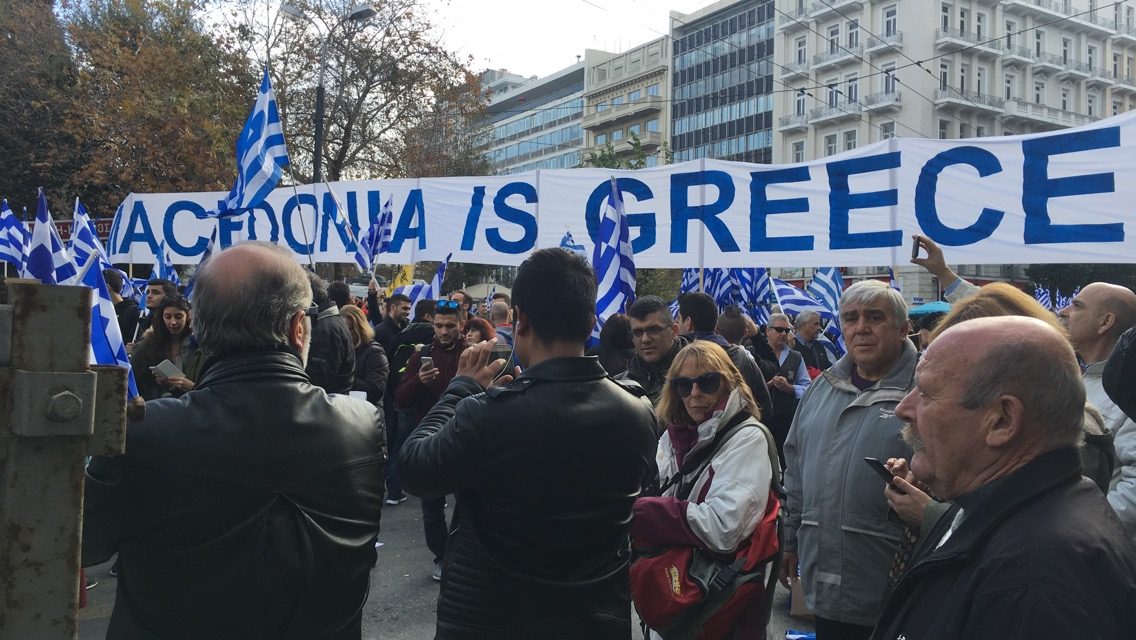Honors students take their research on the road
January 25, 2019
 Courtesy Sandro Cocito
Courtesy Sandro CocitoWhile Bowdoin students travel all over the globe during breaks, each year a few students embark on scholarly expeditions as an extension of their senior honors projects. Through the College’s various research grants, students conduct research in cities across the world.
Miranda Miller ’19 was one such student who traveled to the capital of Brazil, Brasilia, to study the city’s unique architecture.
“The city was designed in 1960 and is being preserved, but it has changed a lot since then,” Miller said. “My research is on public perceptions in the city and what needs to be done to make the city more livable, and also balancing that with what needs to be done to preserve the city’s unique modern architecture.”
Beto Wetter ’19 spent 16 days during this break in England and researched in archives in London, Leeds and York. A history major, Wetter’s thesis focuses on Great Britain and World War I.
“I am analyzing the impact conscription had on Britain, both on the battlefront and on the home front,” said Wetter.
Government major Sandro Cocito ’19 traveled to Athens, Greece to talk to political figures and representatives from charitable organizations about the refugee crisis in Europe.
“I’m writing about the legal definition of a refugee and why we need a new one,” Cocito wrote in an email to the Orient. “The 1951 Refugee Convention has been applied restrictively in situations where refugee issues are politically difficult.”
Not only did Cocito engage in research, but he also started a volunteer program at an NGO in Athens he had worked for last summer.
Students completing honors projects must be very dedicated to their topic, as they take at least a year to complete. Though some topics may seem niche, each student has a different inspiration and story behind how they chose their topics.
While the idea for Cocito’s project came about from working at an NGO, Miller was inspired by a class called The City Since 1960 with Jill Pearlman, a senior lecturer in Environmental Studies.
“I did a lot of research in that class on Albany, the capital of New York, which happens to be where I’m from, said Miller. “[Albany] actually has similar architecture to Brasilia and I thought it would be really interesting to understand how that kind of architecture played out in a very different city and cultural context.”
Wetter, like Cocito, found his motivation for his honors while studying abroad.
“I took a tutorial on Great Britain and the first World War, and I loved it so much that I wanted to continue studying that,” said Wetter. “So I scrapped my initial plan of doing a thesis on World War II.”
Though many students complete honors projects on campus, Miller, Wetter and Cocito assert there is something unique about immersing themselves among the subjects of their research.
For Wetter, this meant encountering archival material he hadn’t known existed.
“Though Google is amazing and the library databases are great, they haven’t digitized everything from World War I,” said Wetter. “The tricky part is parsing down all my sources and piecing my puzzle together.”
To Miller and Cocito, what made researching abroad valuable were their interactions with locals.
“The part that I enjoyed the most was surveying random residents on the street,” Miller said. “I think that was the coolest part, just to talk to the real residents living in these cities and definitely information that I couldn’t gather from books here at Bowdoin.”
Similarly, Cocito found that talking with Greek people on his research topic offered him more context in understanding the complexities of refugee migration.
“All of the people I talked to are on the front lines politically when it comes to refugee issues in Greece, and they helped me understand the current difficulties in refugee governance and the effect that negative public opinion toward the Greek national government and the European multilevel governance system has had,” wrote Cocito.
Overall, the students reported that the opportunity to conduct research abroad has deeply enriched their honors projects and education.
“It was a really interesting experience, and I’m grateful to Bowdoin for giving me the funding to go back to Athens,” Cocito wrote.

Comments
Before submitting a comment, please review our comment policy. Some key points from the policy: